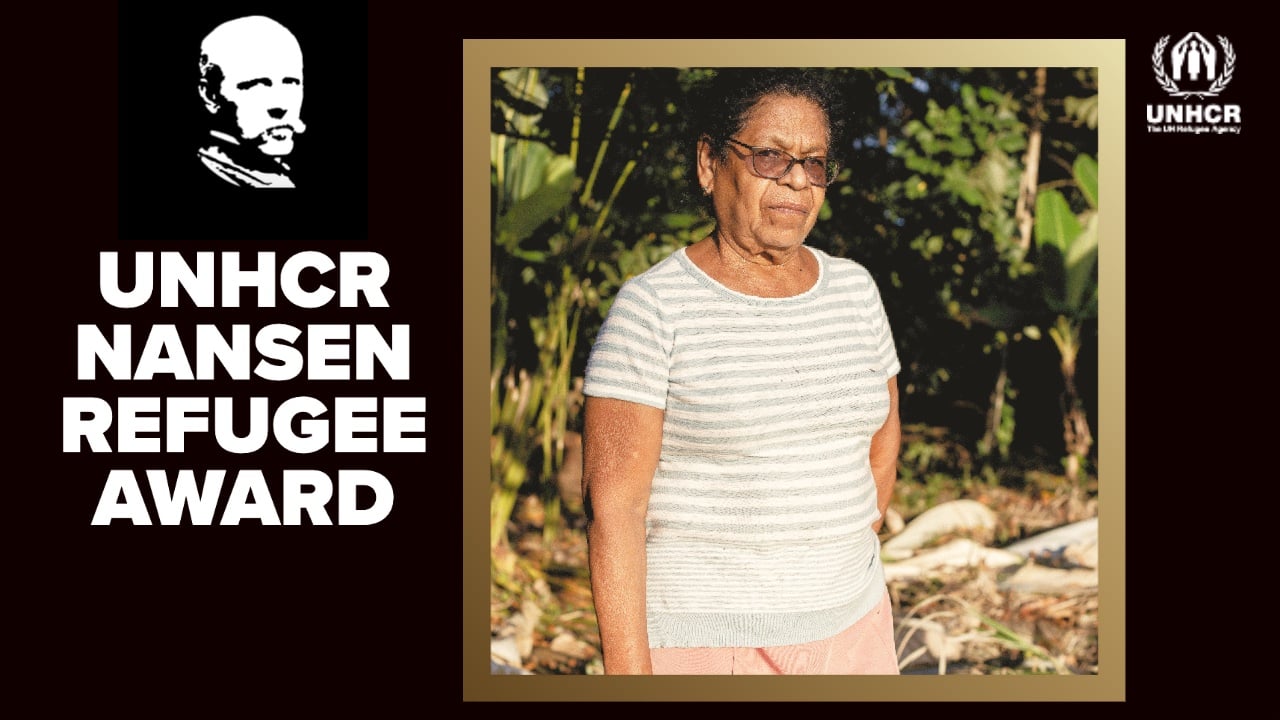Myanmar's ethnic divisions are forgotten in town's busy market
As two vendors bag balls of homemade sticky rice for customers queuing to buy breakfast, a butcher tries to persuade one customer that the chickens he is eyeing are the best in the meat section. All the while, an elderly woman selling vegetables cannot stop giggling with the vendor next door.
It is 7 a.m. on a busy weekday at Myoma Ashey market in Maungdaw in northern Myanmar, an area where tensions between Muslim, Rakhine and Hindu communities have simmered for decades.
Coming together to serve a mixed clientele in the covered market is providing a small step towards healing the wounds of inter-communal violence and oppression in troubled Rakhine state.
Selling sweet and savory homemade pastry fried on the spot is Momo, a mother of three who owns and runs the business. She is an ethnic Rakhine who employs a Muslim cook and a Hindu waiter. To her, the value of all sectors of the community working together is as clear as day.
“It’s very important to work together."
“It’s very important to work together. If he (the cook) is absent from work, I have difficulty doing the job, if he (the waiter) is absent, I won’t be able to work,” Momo says while serving customers. “So it’s very important to be together always.”
In this part of western Myanmar, where about one million Muslims are stateless, intermittent violence has led to thousands being displaced. Many have become refugees in neighbouring Bangladesh, as well as in Malaysia and other parts of the region.
Rohimullah is one of the busiest butchers in the meat section of the market. He sells goat and lamb meat to customers of all faiths. He is a Muslim.
“I rely on this market to live and feed the family,” Rohimullah says as he chops meat into pieces and hands it over to a helper who then packs it ready for customers.
The market’s renovation and expansion in 2013 was funded by UNHCR, the UN Refugee Agency, in collaboration with several NGOs. After Cyclone Komen in 2015, UNHCR carried out further renovation to the damaged sections.
Regardless of their differences, the people at the market agree on one thing: peace is good for everybody.
“The main thing is not to have problems. I like peace. It's not only good for business, it’s good for all all all,” says Momo with a big smile.









